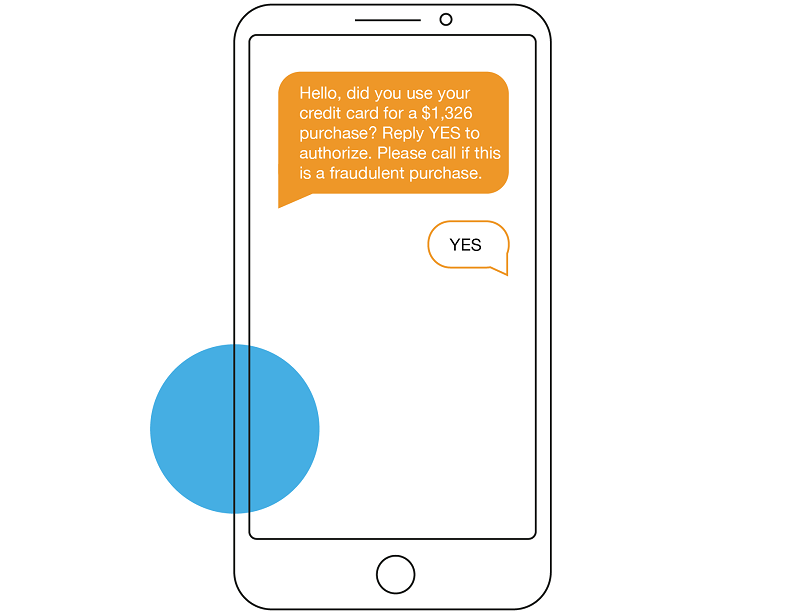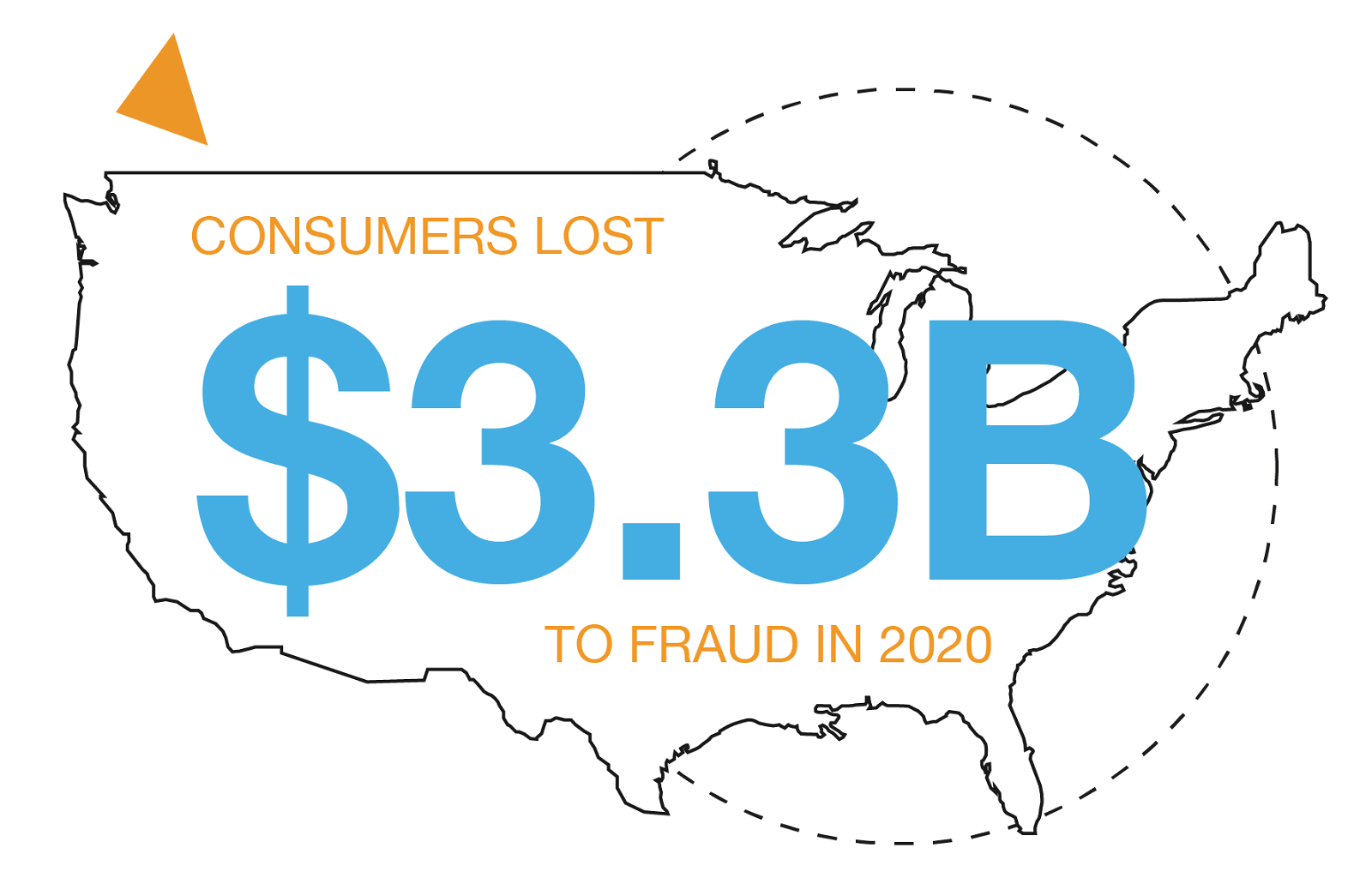An issuer processor is the entity that authorizes or declines transactions on behalf of the card-issuing bank, maintains the system of record for cardholder data, communicates with settlement entities, and facilitates card issuing. Did you know the average American has four credit cards? But for consumers to use their cards to make purchases, businesses and issuing banks who don‘t have in-house payment processing need an issuer processor.
Even though an issuer processor runs in the background and is unfamiliar to most consumers, it allows money to flow between different people, accounts, and institutions. Keep reading to learn everything you need to know about the issuer processor platform.
Acquirer vs. Issuer
The payments ecosystem is full of different components and service providers, such as acquirers, issuers, and more. The acquiring or merchant bank is the financial institution that maintains the merchant’s account so it can accept credit cards. The acquirer settles transactions for the merchant.
An issuer is the cardholder’s or customer’s bank. Issuers can also include fintech companies and payment firms.
The issuing bank must pay the acquirer for approved credit card transactions and collect payment from cardholders.
When you make a purchase on your credit card, your issuing bank sends the funds to the acquirer (or acquiring bank), who then sends the funds to the merchant. Later, you (the cardholder) make a payment to the card issuer to pay for the transaction.
What Does an Issuer Processor Do?
An issuer processor or payment processor connects payment card issuers with card and bank networks (acquirers) to do the following:
- Manage card issuance
- Authorize transactions
- Provide the system of record
- Communicate with settlement entities
The payment processor is a mediator between the merchant via the card scheme and the issuer or financial institution like your credit card issuer.
The processor ensures the merchants get paid on time by facilitating the transfer of funds.
Authorize Transactions
It’s the responsibility of the issuer processor to allow transactions to happen (or not). The processor determines if the customer has the available funds and possible evidence to suggest fraudulent transactions.
When your credit card declines at a store, it’s because the issuer processor has identified a problem with the transaction. The card network can authorize or decline the purchase based on this information.
If you have a sufficient balance and your card declines, this prompts you to call your card issuing company to resolve the problem.
Settles Transactions
The issuer processor transfers information from the payment gateway to the card network. Upon making a successful purchase, the funds need to go from the issuing bank to the merchant’s bank.
The processor receives the authorization from the card network and sends it to the merchant’s payment gateway. Thus, the processor ensures the funds are deducted from and delivered to the correct accounts.
Secures Transactions
The ability of the issuer processor to detect fraud and instill authentication makes for more secure transactions. For instance, if you receive a call or text message from your card issuer during a purchase, it’s because the processor detected something wrong with the transaction.
The network wants further verification the purchase isn’t a fraud attempt before allowing it to proceed. Sometimes the fraud alert is high enough to suspend your card until you call your issuer and identify yourself as the purchaser.
Yet, credit card fraud is still rampant in the U.S. despite this transaction security. Credit card fraud and identity theft rose sharply during the pandemic. The FTC says consumers lost a total of $3.3B to fraud in 2020.
Ongoing security problems with credit cards have made virtual cards and digital banking more appealing to consumers. They come with heightened security, making them ideal for online shopping.
With more than 230 million Americans shopping online, the need for better transaction security is evident. EMV chip cards were a step in the right direction but are still susceptible to data breaches.
PCI Compliance
The Payment Card Industry Data Security Standard (PCI DSS) is an information security standard. It applies to institutions involved in:
- Processing card information
- Storing card information
- Transmitting payments
Unlike EMV chips, merchants that accept card payments must comply with these mandates. Not doing so leaves businesses susceptible to data breaches. It could also result in fines, fees, and lost business.
Choosing the Right Issuer Processor
With a firm understanding of the inquiry, “What is card issuer processing,” now you need to know how to choose the best processor to work with.
To make it even easier for you, download our free Issuer Processor Checklist.
What is a Best-in-class Issuer Processor?
- Non-disparate Architecture
- Peak Performance
- 24/7 Support
- Compliance
- Service Level Agreements (SLA)
- System Monitoring
- Infrastructure and Redundancy
- Authentication, Encryption, Security, and Monitoring
- Information Security and Risk Management
For example, a problem with a bank’s issuer processor could prevent all of the bank’s customers from making payments. This would be a customer service nightmare.
Plus, PCI regulations change frequently, so it’s imperative to work with a processor that offers a compliance program. Unfortunately, only some issuer processors offer PCI compliance tools and assistance to their customers.
Yet, offering the basic services mentioned in this article isn’t enough. You want an issuer processor who can provide more. Some examples include:
- Digital banking
- Virtual cards
- Cryptocurrency
- Voice assistance
New banking methods allow customers to access multiple currencies and move money faster than before. Soon, payment interaction will become automatic. It would be best if you had an issuer processor who could keep up with these rapid changes in the financial industry.
A Best, Reliable and Top Issuer Processor You Can Trust
Make no mistake, not all issuer processors are the same! Although we‘ve mainly addressed the definition of an issuer processor in this post, you should also know that the issuer processor you choose will greatly influence how your customers adopt (or don‘t adopt) your products.
Aside from the main card categories like credit, debit and prepaid, does your issuer processor offer different form factors, such as plastic cards, virtual cards, etc.? Do they support any use case, like BNPL, crypto-backed cards, etc.? Does your issuer processor have a robust fraud monitoring and mitigation plan in place? Does your issuer processor offer program management and support?
Contact us at i2c if you’re ready to work with a top issuer processor. Our payment technology and services are unbeatable, and our strategic partnerships with global card networks guarantee you can do business worldwide.






